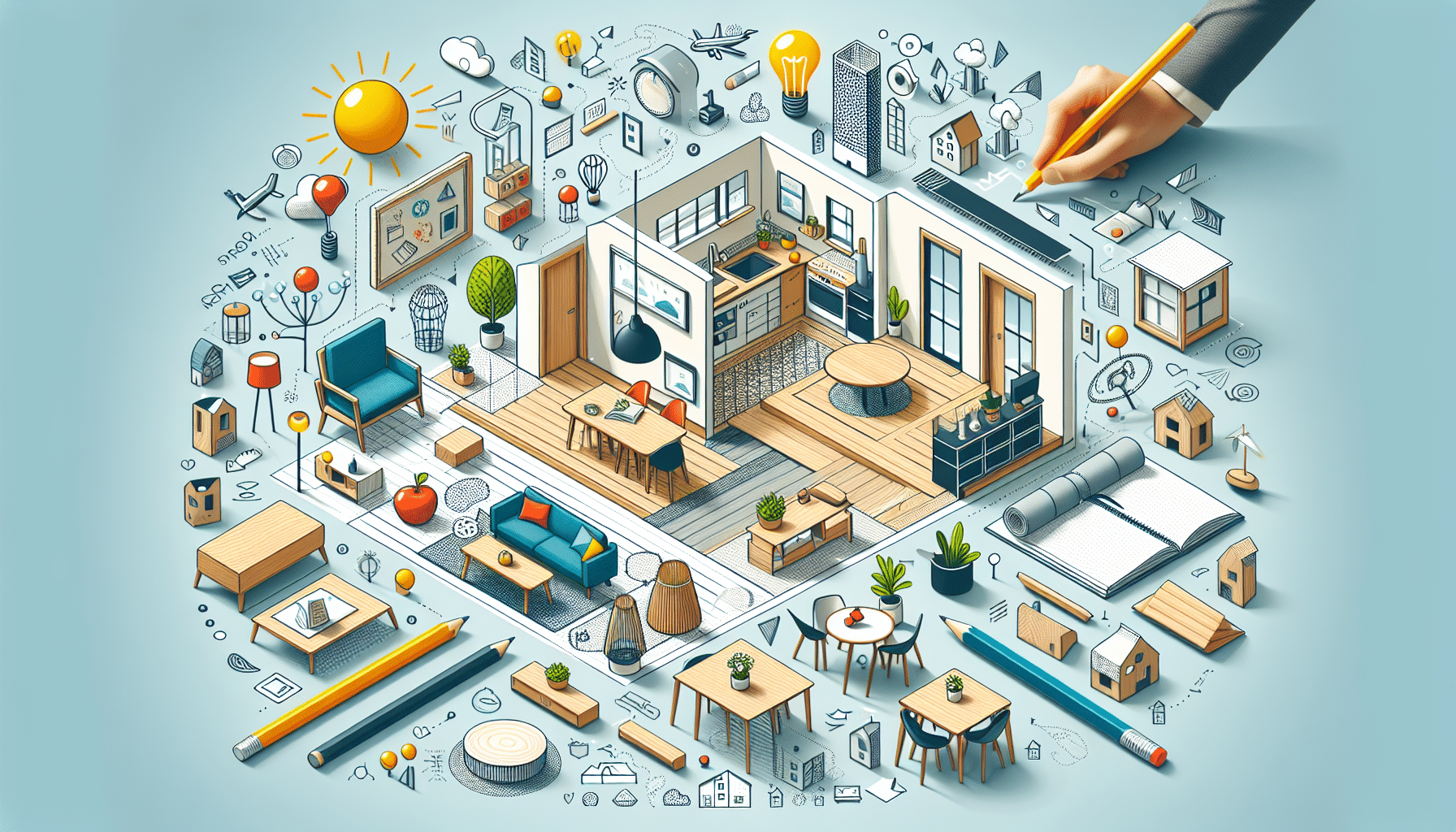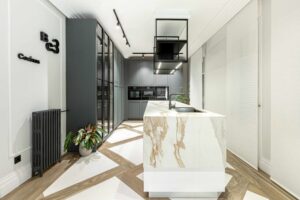Sure! Here’s the text translated into American English:
In a world where urbanization is advancing rapidly, the need to optimize small spaces has become an indispensable priority. Cities, increasingly populated, demand housing solutions that are not only practical but also innovative and aesthetically pleasing. The trend toward minimization and efficient space utilization is prompting architects and designers to rethink how we conceive of our homes and workspaces.
Small apartments are a reality in many metropolises, and the search for smart furniture and decorative elements intensifies. Multifunctional solutions are central to this transformation. From beds that convert into desks to folding tables that turn into shelves, creativity is key to maximizing every square foot available.
Moreover, the trend toward sustainability has pushed designers to use lightweight and recyclable materials. This not only helps reduce the carbon footprint but also facilitates the mobility of furniture, allowing users to easily rearrange their spaces and adapt their environment to different needs. In this context, modular design and deployable structures are gaining prominence.
On the other hand, technology also plays a fundamental role. The incorporation of smart systems that optimize energy use and respond to user needs adds significant value to these small spaces. Home automation allows for control of lighting and temperature, as well as facilitating the management of appliances in compact kitchen environments.
Experts emphasize that living in small spaces does not mean sacrificing quality of life. On the contrary, it involves adapting our habits and priorities to a more conscious and sustainable lifestyle. Communities are beginning to recognize the advantages of these formats, which promote coexistence and social interaction in increasingly dynamic spaces.
However, not everything is rosy. The lack of adequate regulation in some cities can lead to the creation of unsanitary or impractical spaces. Therefore, it is essential for authorities to promote designs that prioritize the health and well-being of residents, ensuring that innovation does not compromise quality of life.
In conclusion, small spaces require smarter, lighter, and multifunctional solutions that adapt to new urban realities. The combination of design, functionality, and technology not only facilitates life in densely populated metropolises but also opens the door to a more sustainable and conscious way of living. The key is to transform the limitation of space into an opportunity for innovation and to create more welcoming and efficient environments.
via: MiMub in Spanish











